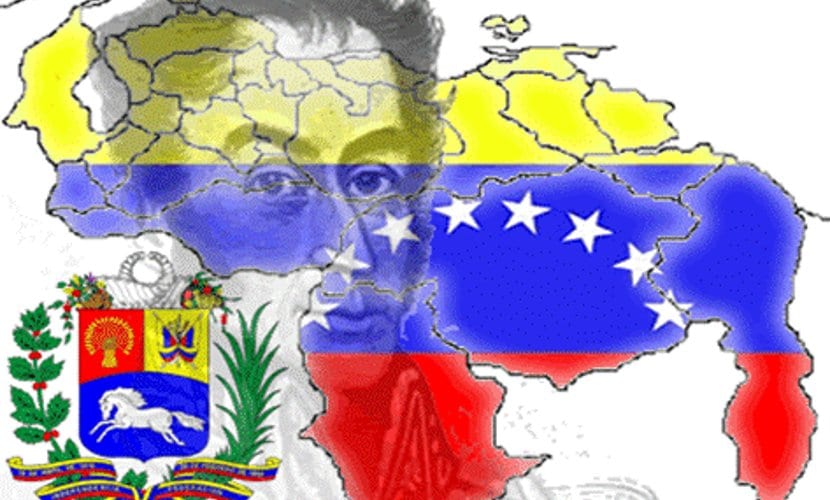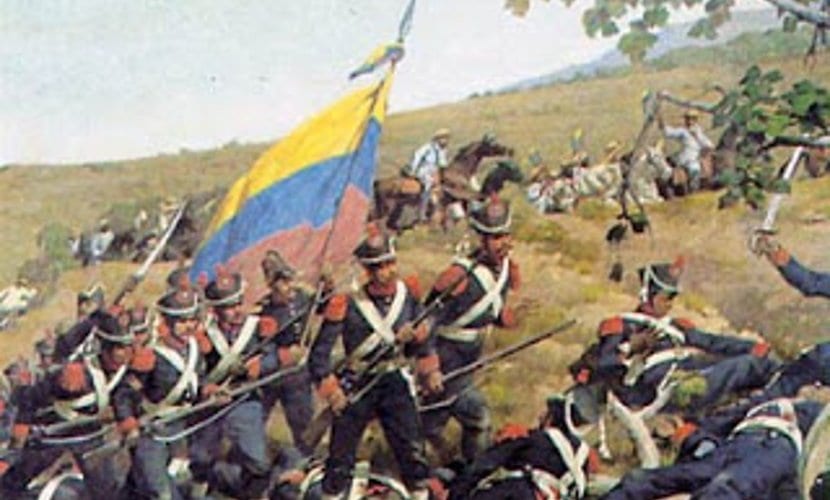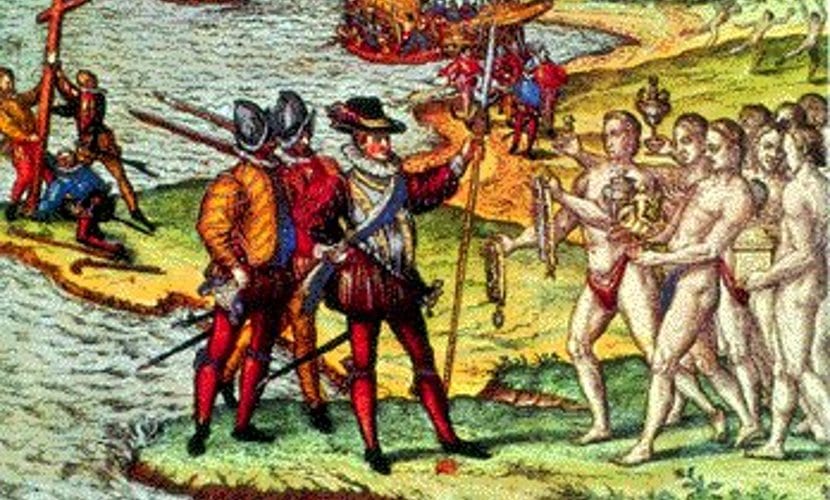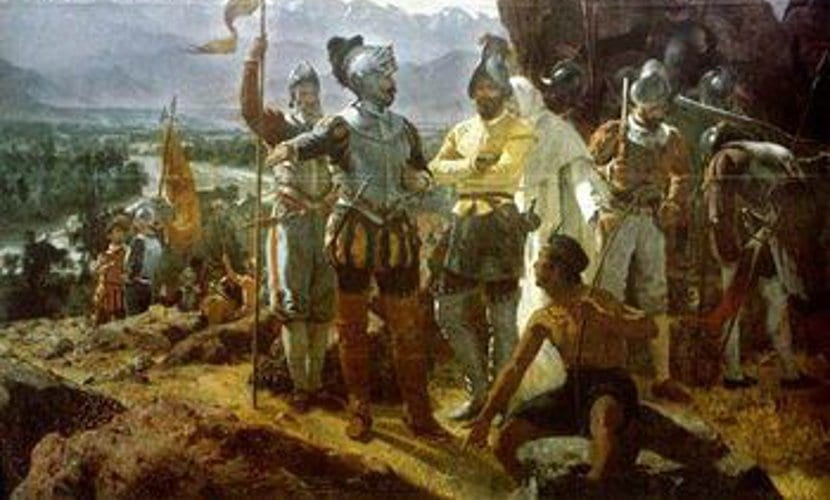
The origins of Venezuela They go back to the time when their territory may be populated by Amerindian migrations, thousands of years ago. However, what is known about history from the writings found, actually begins with the arrival of the first Spaniards at the end of the 1777th century. It is not until 1527 that Venezuela is formed as a state from the Captaincy General of Venezuela, which at that time was a Spanish colony founded in XNUMX.
The first settlers of Venezuela

The first human being to appear in what is now known as Venezuela was around 30.000 years ago and it came from the Amazon, the Caribbean and the Andes. The first populations in Venezuela corresponded to groups of people who arrived in these territories during the Late Pleistocene, most likely from the north. From this moment they begin to occupy the northern coast of Venezuela.
Some of the places where traces of this population have been found include Muaco, Taima-Taima and El Jobo. It must be said that the presence of these first settlers of Venezuela dates back to at least the year of 13000 BC At that time, the humans who lived in what is now Falcón, shared their habitat with a huge variety of fauna, including glyptodonts, megaterios and toxodonts.
Indigenous groups

El Indigenous period of Venezuela begins from the year 1000 BCHowever, its development is different according to the regions. What is a fact is that there is a development of agriculture between the different groups. Approximately half a million people in what is currently the territory of Venezuela, would have come from the north, probably from the Calabozo region, through the west, the Andes and also through the northern Caribbean.
At that time the main indigenous peoples of Venezuela were the chibchas in the Andes area, the caribes in the area of practically all the coasts, in addition to the Arawak, which in this case were located in the coastal area. In the southernmost part of Venezuela were the wayuu or peasants. It is known that the territory of present-day Venezuela was very diverse at the time of the pre-Columbian period. The different indigenous groups in Venezuela are believed to belong to at least 16 different linguistic groups, including:
- Arawak family
- Caribbean family
- Family
- chibcha
- Guajibana family
- Type family
- Yanomama family
Time of the colony in Venezuela

La colonization of Venezuela was carried out by Spain from the middle of the XNUMXth century until the beginning of the Wars of Independence. It is precisely during this colonial period that the foundations of what would later become the nation of Venezuela were laid. That is, a combination of Spanish, African and indigenous cultures, having the use of Spanish as the main language.
It was also during this time that Christianity was adopted, as well as the delimitation of the colony, in addition to the territorial organization that would eventually form the Captaincy General. At the beginning of the seventeenth century, the Spanish had total control of the coastal area, the Andes, as well as some enclaves. The Llanos and the southern zone continued to be territories dominated by the natives. As a consequence, confrontations between the Spaniards and the natives were common, in fact lasting until the XNUMXth century.
Thanks to colonization of Spain in Venezuela, numerous and important cities such as Valencia, Coro, Barcelona, Puerto Cabello, Santiago de León de Caracas and Maracaibo were founded. At that time, the city of Caracas was the headquarters of the Captaincy General, which in turn was responsible for controlling the region, which depended on the Viceroyalty of Santa Fe de Bogotá.
It is also interesting to mention that during the colonial period it takes place in this country, as well as in all the Spanish colonies, a marked division between the castes or estates. At that time the criterion of race had a very important weight. In addition, political power was in the hands of white families, who were descendants of the Spanish and Creoles, who were born in that area. And that they were also known as Mantuanos.
Towards the end of the seventeenth century, colonial society experiences a crisis situation and as a consequence the first independence movements appear, which were basically a harbinger of the independence of the colony that finally happened at the beginning of the nineteenth century.
Finally, only to say that a periodization where the political is taken into account would extend the colonization of Venezuela until the year 1821, while In provinces such as Maracaibo and Coro, in addition to the city of Puerto Cabello, the colonial period would have lasted until 1823.